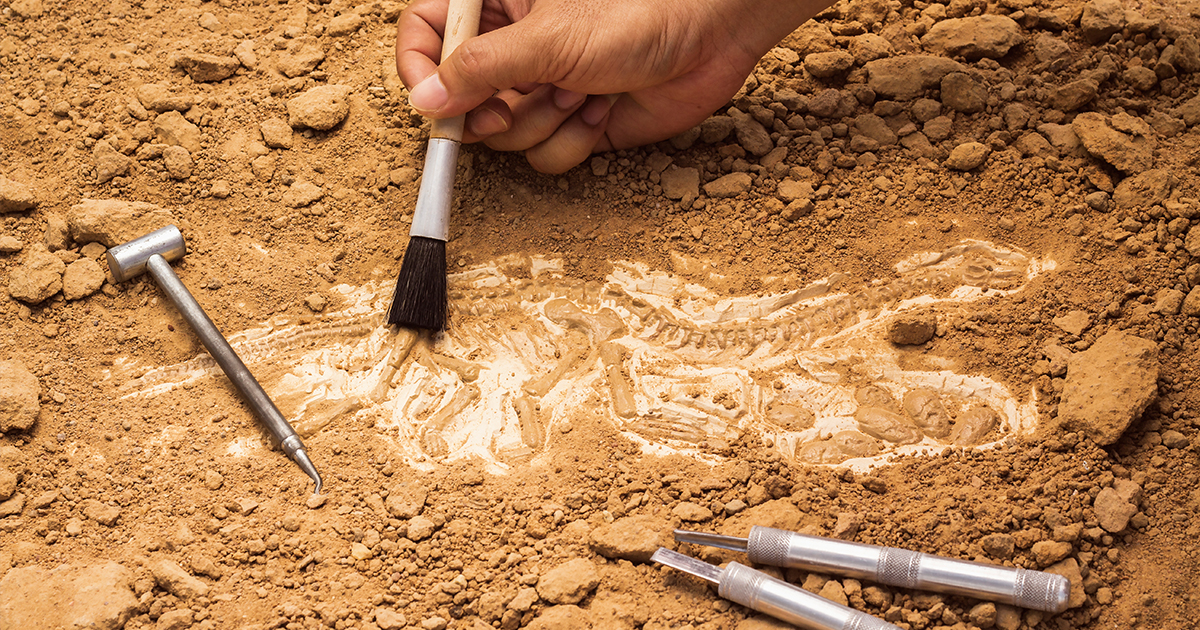
Ever heard of apologetics? It does not mean learning to apologize for something. Rather, it comes from a Greek word meaning “to defend.” Christian apologetics refers to the practice of defending or explaining the Christian faith, often to a hostile audience.
Apologetics is often falsely maligned as an attempt to “argue someone” into the faith. Nothing could be further from the truth. The Holy Spirit bestows faith when and where He pleases. He does this through Word and Sacrament.
What, then, does the apologist (one who engages in apologetics) do? One comparison likens him to a member of a road crew, clearing obstacles on the path to faith. Suppose, for example, someone simply cannot accept that Jesus rose from the dead. Apologetics trains Christians in answering objections like this one.
This does not mean that when someone no longer has questions, he has been argued into the faith. On the contrary, the apologist will always point to Scripture. Through the speaking of God’s Word, through the recognition of sin, through the Holy Spirit working in the heart and mind and in the washing of Holy Baptism, God creates faith.
Apologetics has many disciplines. Some apologists specialize in the study of Christ’s death, using their knowledge of biology to show how He died on the cross. Others focus on the philosophical arguments for the existence of God or show us the reliability of the New Testament manuscripts.
Still others study archaeology and apologetics. This is the theme of the September issue of The Lutheran Witness. It includes articles by the Rev. Drs. Paul Maier, Mark Meehl and David Adams, all of whom have some background in archaeology. They bring this knowledge to bear, showing both the promise and limits of archaeology in the apologetic task.
We had fun digging into this issue; we think you will too. Subscribe at cph.org/witness; enjoy web-exclusive content at witness.lcms.org.
Posted Sept. 7, 2023